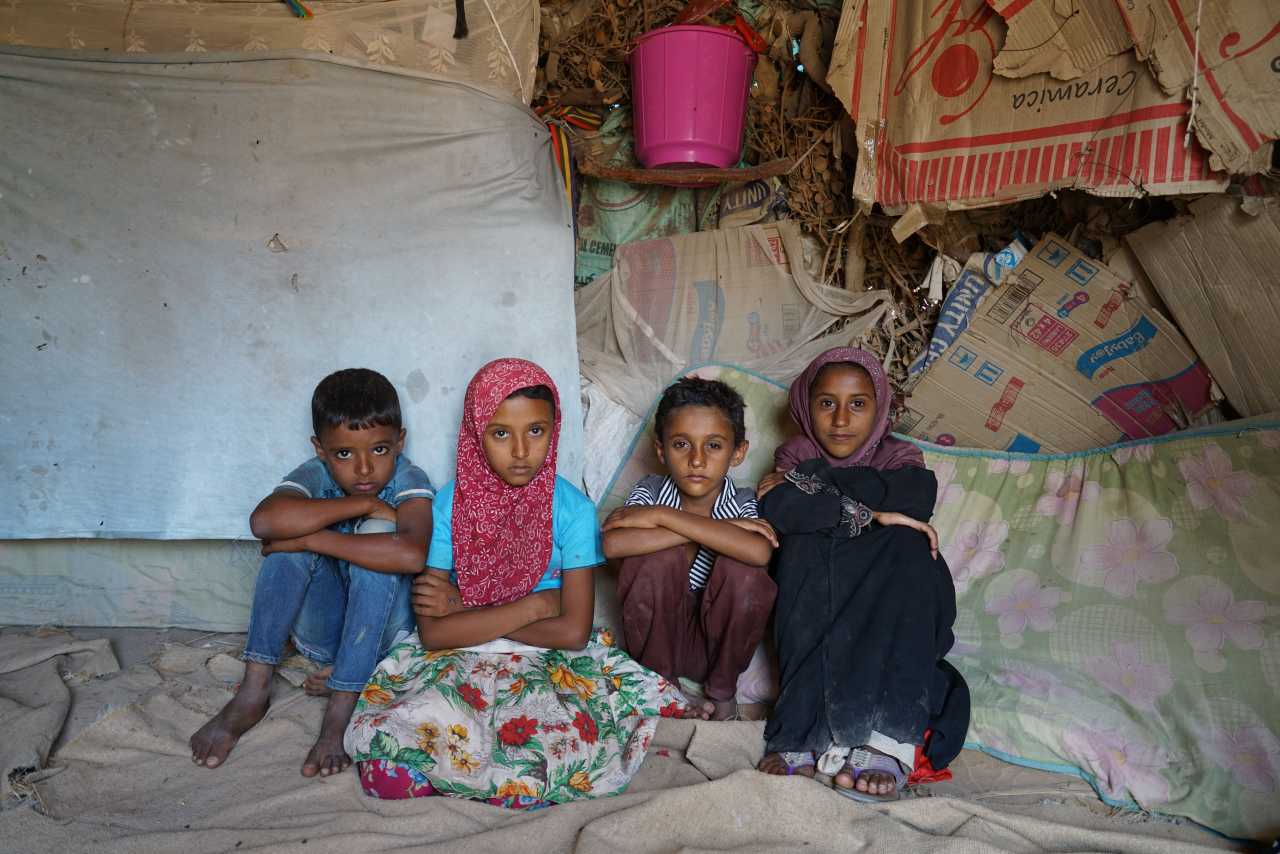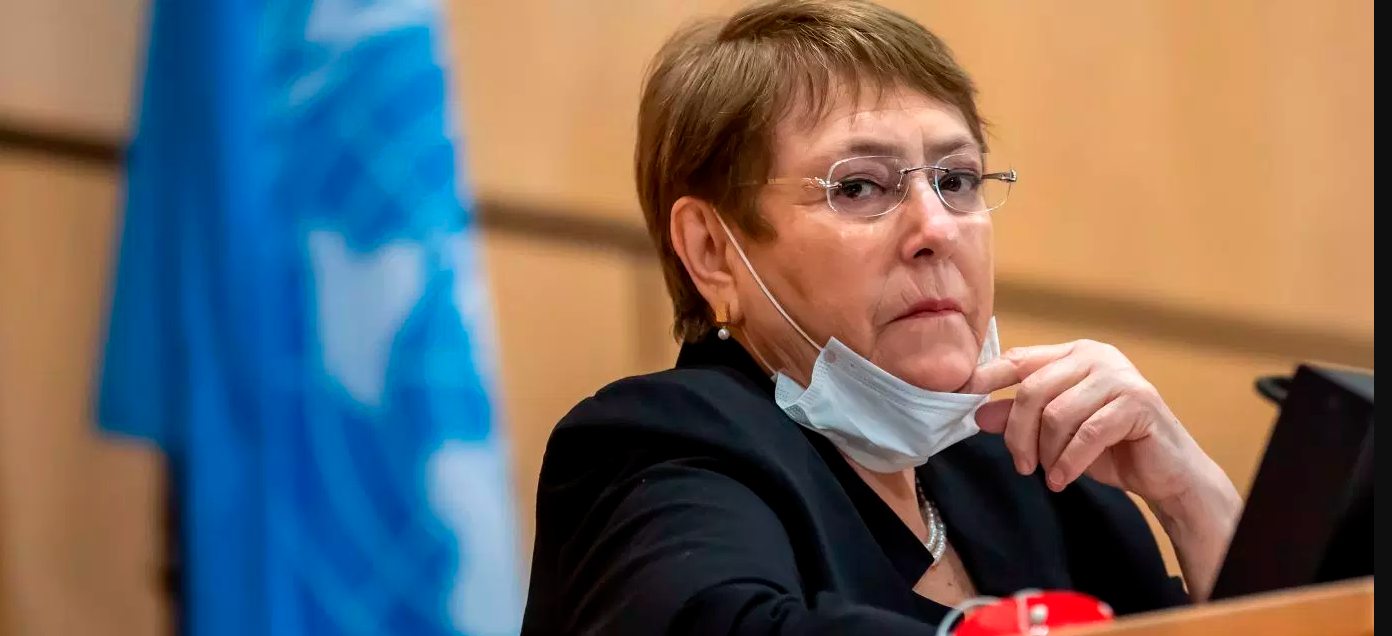UN Emergency Relief Coordinator Mark Lowcock, who is also the UN’s under secretary-general for humanitarian affairs, pulled no punches when he briefed a closed session of the UN Security Council about the rapidly deteriorating humanitarian situation in Yemen on Wednesday night.
The UN aid chief said five factors have converged to push Yemen, already considered the world’s worst humanitarian crisis, towards the precipice of even greater disaster.
A large and deadly COVID-19 outbreak has added an additional layer of misery for the people of Yemen, already struggling to survive the country’s civil conflict and deepening economic crisis.
“COVID-19 is spreading rapidly across Yemen. About 25% of Yemenis confirmed to have the disease have died. That’s five times the global average,” Lowcock said.
Burial prices have reportedly increased seven fold in some areas. Given the country’s dilapidated health system, many believe a significant number of COVID-19 cases are going undiagnosed and unreported.
Crises extend beyond COVID-19
In addition to the COVID-19 threat, Lowcock said lack of protection for civilians and humanitarian access are plaguing Yemen, as is a major shortfall in aid funding.
The recent uptick in violence in northern Yemen between the Saudi-backed coalition forces and Houthi rebels, and clashes between the nominal coalition partners the Southern Transitional Council (STC) and Yemen government in the South, have been deadly for civilians.
“In May, an average of five civilians were killed or injured every day,” Lowcock revealed. “One in three of them was a child. Two-thirds of incidents that harmed civilians occurred in family homes or farms, and five incidents struck health facilities.”
Like protection of civilians, humanitarian access is obligatory under international law but has been hamstrung by COVID-19 measures and uncooperative conflict actors. Aid agencies and international donors like the US cut funding to Houthi-controlled parts of Yemen earlier in the year, but Lowcock said that after significant negotiations, “the environment is improving.”
Aid operations in the South, where Southern Transitional Council forces recently overtook Socotra Island before parties implemented a tenuous ceasefire, have been impacted by an “increase in ad hoc restrictions, including interference and unnecessary delays in assistance.”
Funding shortfall
Lowcock also warned that, if the international donor community does not step up soon, there will be no aid to deliver. He noted the failure of the June 2 joint Saudi-UN donor conference, which only raised half the target amount. He also called out Gulf countries, saying that “reduced pledges from the Gulf region account for essentially all of the reduction.”
The impact of those cuts is massive: “Water and sanitation programmes that serve 4 million people will start closing in several weeks. About 5 million children will go without routine vaccinations, and by August, we will close down malnutrition programmes. The wider health programme, which 19 million people that benefit from will stop too.”
On top of an already long list of urgent threats, Yemen’s economy is now “heading for an unprecedented calamity,” Lowcock reported. The aid chief said the rapidly depreciating Rial was driving high inflation that in turn has driven up food prices by 10 to 20%, leading to wide-spread food insecurity. In addition to the currency crisis, remittances — a vital source of national income and foreign currency — have dropped by a dramatic 50-70% in the wake of the global economic crisis triggered by the COVID-19 pandemic.
Lowcock ended his address to the UNSC with the following brutal proposition:
“There is a stark choice before the world today: support the humanitarian response in Yemen and help to create the space for a sustainable political solution,” he said. “Or watch Yemen fall off the cliff.”
In a country where 80% of the population, some 24 million people, are already receiving humanitarian assistance, these converging crises are alarming. It is hard to believe that the situation in Yemen could deteriorate further but the reality on the ground is that it is indeed spiralling deeper into crisis every day.
It remains to be seen if the world will heed Lowcock’s call or if Yemen will become this decade’s Rwanda — alongside Libya and Syria.
Read also: Fighting Continues in South Yemen Despite Ceasefire





